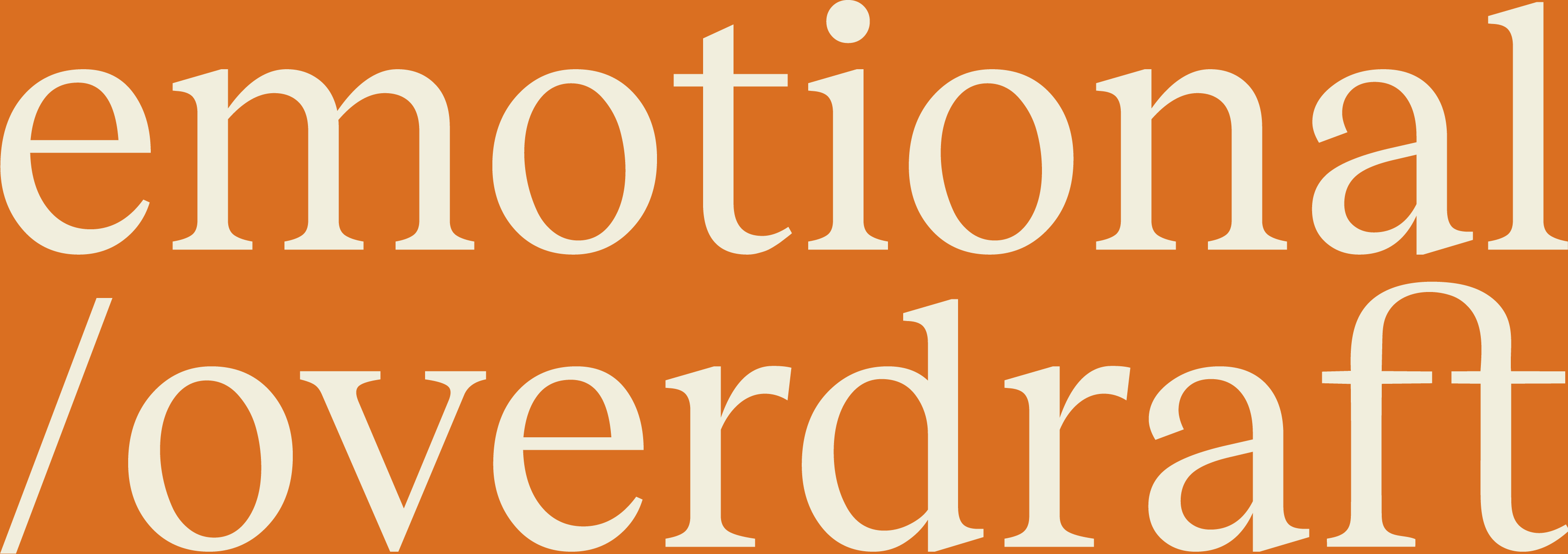Everyone talks about work-life balance as if it’s a magic formula. Prioritise it, and everything will fall into place. Scott Carpet wrote an excellent Linkedin post challenging this traditional mindset, and it really struck a chord with me. I’ve been thinking about his points, and I want to expand on them and bring in my own experience—particularly when it comes to what I call “emotional overdraft.”
Scott’s message is simple but powerful: every day is different, and so is every week, month, and year. You’ll sometimes be consumed by work, with a million things on your plate. Other times, family obligations will take centre stage. And sometimes, you’ll have a (brief) moment to breathe.
Scott says it best: Balance can’t possibly mean every single day is going to be perfectly balanced. Yet that’s what so many people promote as the path to success and happiness.
Why I Disagree with Work-Life Balance
For me, the idea of a perfectly balanced day-to-day life just doesn’t work. If I’d tried to maintain equal time for work, family, friends, and relaxation every single day, I wouldn’t be where I am today.
Instead of chasing balance every day, I’ve found what really works is flexibility. Some days, you need to go all-in on work. Other times, you need to step back and recharge. And that’s okay—your work-life balance evolves with you.
But here’s where Scott’s thoughts intersect with my concept of emotional overdraft.
In my book The Emotional Overdraft, I talk about the emotional cost of constantly trying to keep everything in balance while pushing hard to succeed. Every leader I spoke to during my research had, at some point, been overdrawn—subsidising their business success at the expense of their mental and physical well-being. This emotional overdraft is a crisis that leads to stress, overwhelm, and burnout.
So yes, of course I want people to maintain a better balance between working and ‘living’. All work won’t make you happier, but neither will only focussing on your personal life – because there are always bills to be paid. What Scott describes is a situation where you can’t possibly balance everything at once, but many leaders still try. And when they fail to strike that perfect balance, it drives them deeper into their emotional overdraft.
How Work-Life Balance Leads to Emotional Overdraft
Here’s the thing: when you force yourself to balance everything perfectly, it often leads to sacrificing what’s important in the moment—whether that’s your work or your personal life.
I’ve seen leaders who pushed themselves so hard to “balance” everything that they ended up doing it all. They wouldn’t delegate, they wouldn’t trust others, and they burned out. That’s a classic sign of emotional overdraft.
In my research, I’ve identified 10 drivers of emotional overdraft, and Scott’s perspective highlights two of the most common ones:
- Urgency – That feeling that everything is equally important, right now.
- Trust – Believing that you’re the only one who can get things done properly.
So, if we agree with Scott that balance isn’t realistic every day, and we acknowledge that trying to maintain it can lead to emotional overdraft, what’s the solution?
- Awareness: Recognise when you’re dipping into your emotional overdraft. What are your triggers? What behaviours or thoughts are driving you deeper into that overdraft? My Emotional Overdraft Self-Assessment is a great place to start. It helps you identify which of the 10 drivers is most active for you.
- Flexibility: Instead of rigidly pursuing balance, embrace the ebb and flow. Sometimes you’ll need to work harder, and sometimes you’ll need to rest more. Listen to your needs in the moment.
- Delegation: Trust others to help. Leadership is a team sport. When you try to handle everything yourself, you’re not just overburdening yourself—you’re holding back your team. Empower others, and you’ll relieve some of the pressure on yourself.
- Boundaries: Learn to set boundaries, even with yourself. It’s not just about saying no to work, but also knowing when to say yes to rest.
Work-life balance, as traditionally promoted, doesn’t exist – it’s all just ‘life’ after all. And worse, subscribing to work/life balance can push you deeper into emotional overdraft. But by being flexible, staying aware of your emotional state, and recognising the patterns that push you toward burnout, you can start to build a healthier relationship with all aspects of your life.
Focus on managing your emotional resources, and you’ll find that success and well-being can coexist.

